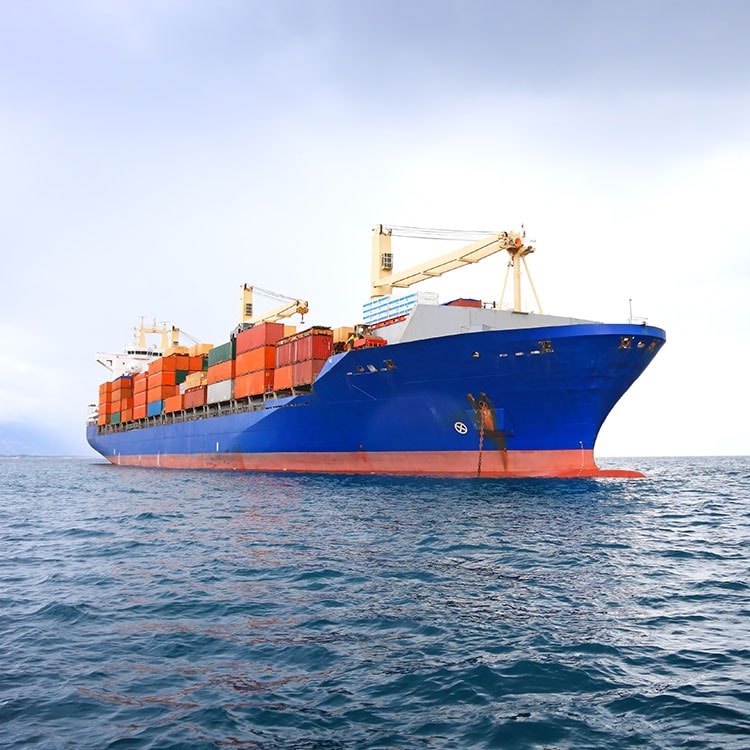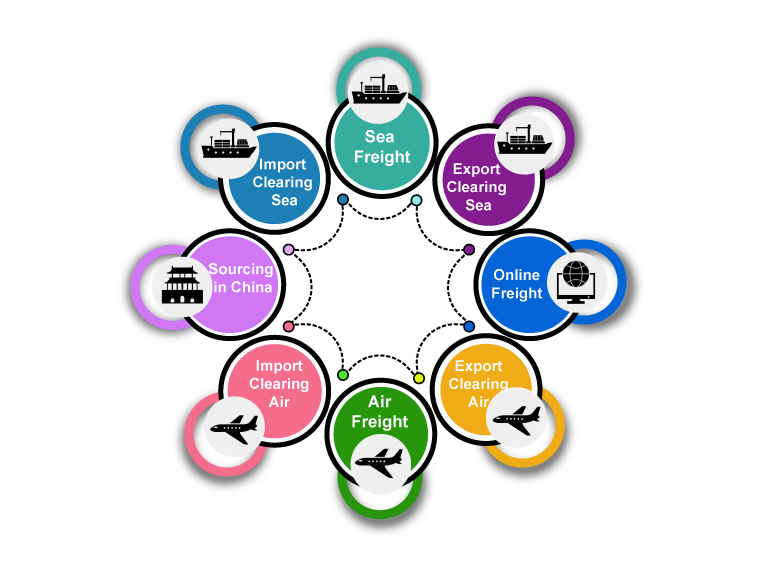When dealing with SEA LCL (Less than Container Load) import custom clearance, importers face a unique set of procedures compared to full container shipments. In the LCL scenario, multiple shipments from different consignees are consolidated into a single container. This consolidation adds complexity to the customs clearance process.
Upon the arrival of the shared container at the destination port, the first crucial step is accurate documentation. The Bill of Lading (B/L) is of paramount importance as it acts both as a receipt and a title document, allowing importers to claim their goods. Alongside the B/L, a comprehensive commercial invoice detailing the goods, including descriptions, quantities, values, and terms of sale, is essential.
A packing list, specifying the contents of each package or container within the shipment, further aids the customs officers in their assessment.

Once the customs assessment is complete, and all duties and taxes are paid, customs authorities issue a clearance certificate or release order. This document signifies that the goods are approved for entry into the country and can be moved from the port to the importer's designated location. It's imperative for importers utilizing LCL services to collaborate closely with experienced customs brokers or freight forwarders. Their expertise is invaluable in navigating the intricacies of LCL import customs clearance, ensuring accurate documentation, compliance with regulations, and timely release of the goods. Failure to adhere to the customs procedures can lead to delays, fines, or even the confiscation of the imported goods.

CB-177, IInd Floor, Ring Road, Naraina, New Delhi -110028 INDIA
+91-9555768576 / 09312065662 Fax: + 91-11-25770569/25770570
info@oceanskyfreight.com
Business Type: Import-Export Trade Consultant
Estimated Yr Sales (USD): 2 – 5 M
Number of Employees : 80-100
mail at: info@oceanskyfreight.com
Call us at : +91-09312065662